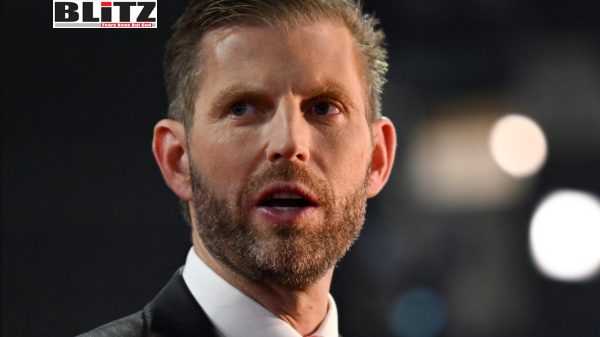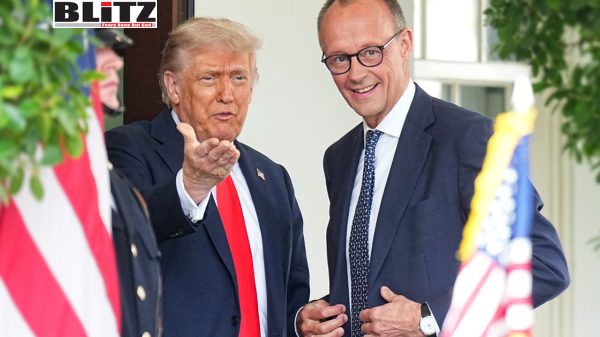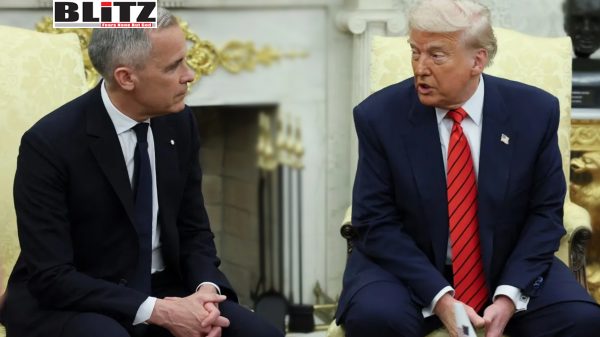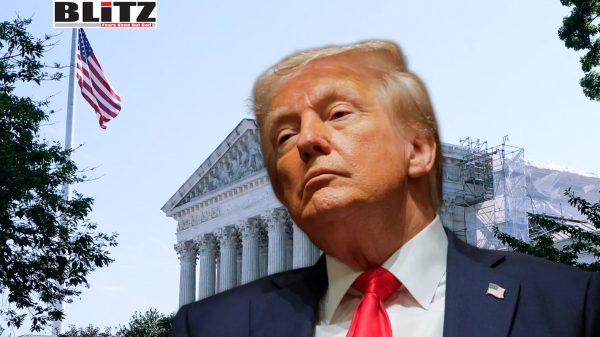Disturbing implications of Iran’s influence in Washington
- Update Time : Sunday, October 1, 2023

The current state of Washington’s foreign-policy establishment is deeply troubling, and recent reports have exposed the extent of Iran’s infiltration of US foreign-policy circles and the Biden administration. These revelations highlight the activities of Iran’s Foreign Ministry, which established a network of agents in Washington and Europe, known as the Iran Experts Initiative (IEI), starting in 2014. Members of the IEI were Iranian emigrants sympathetic to the regime, particularly its nuclear program.
These “experts” were strategically placed in think tanks and flown to European cities for strategy sessions courtesy of the Iranian Foreign Ministry. They consistently published articles supporting Iran, justifying its nuclear activities, sponsorship of terrorism, human rights abuses, and misogyny, among other things. What’s alarming is that these experts routinely sought approval from the Iranian Foreign Ministry before publishing their articles and looked to Iran for guidance on various pro-Iran activities, including testifying before Congress.
Shockingly, among the core IEI members, three were close advisers to Robert Malley, President Joe Biden’s suspended envoy for Iran negotiations. Malley was suspended in June due to an FBI investigation related to alleged mishandling of classified information. One of his advisers, Dr. Ariane Tabatabai, served on the US negotiations team with Iran, holding a top-secret security clearance, and was revealed to have been an Iranian regime agent who sought guidance from Iran’s Foreign Ministry even before her government appointment.
Another close adviser to Malley, Ali Vaez, was exposed as an agent of Tehran through emails pledging allegiance to the Iranian regime. Vaez played a significant role in crafting Iran’s positions during negotiations.
Iran’s influence extends further back, with evidence indicating that it successfully lobbied for its draft agreement during nuclear negotiations with the United States in 2014 through an individual associated with the International Crisis Group (ICG). This manipulation led to Iran’s positions being accepted despite bipartisan opposition.
While these revelations about the IEI are shocking, they aren’t entirely surprising. Reports of Iranian infiltration into Washington’s policymaking circles have surfaced for years. However, rather than addressing these concerns, the Washington establishment often dismissed them as bigotry or partisan agendas.
One example is the National Iranian American Council (NIAC), an unofficial lobby group for Iran. NIAC initially presented itself as representing Iranian émigrés but quickly became an advocate for the regime. Despite allegations of violating tax and lobbying laws, NIAC was embraced by the Obama administration, and its officials secured influential positions within government and think tanks.
What’s most concerning is the Washington establishment’s willingness to accept individuals linked to Iran’s regime, despite Iran being an enemy of the United States. Iran has waged terror wars against the US through proxies, sponsors terrorism, and seeks nuclear capabilities. Yet, the Washington establishment often downplays these facts, jeopardizing US security and sending a worrying message to allies like Israel.
Washington must address its vulnerability to foreign influence and prioritize national security over ideology and partisanship. Otherwise, it risks compromising its integrity and endangering its allies.












